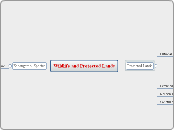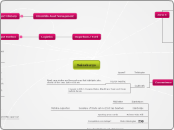da Paddy Penton mancano 11 anni
1429
Industry Location Factors
Certain industries strategically position themselves near markets due to the nature of their products. Perishable goods, fragile items, and bulky low-value products benefit from proximity to their consumer base to maintain quality and manage costs effectively.









